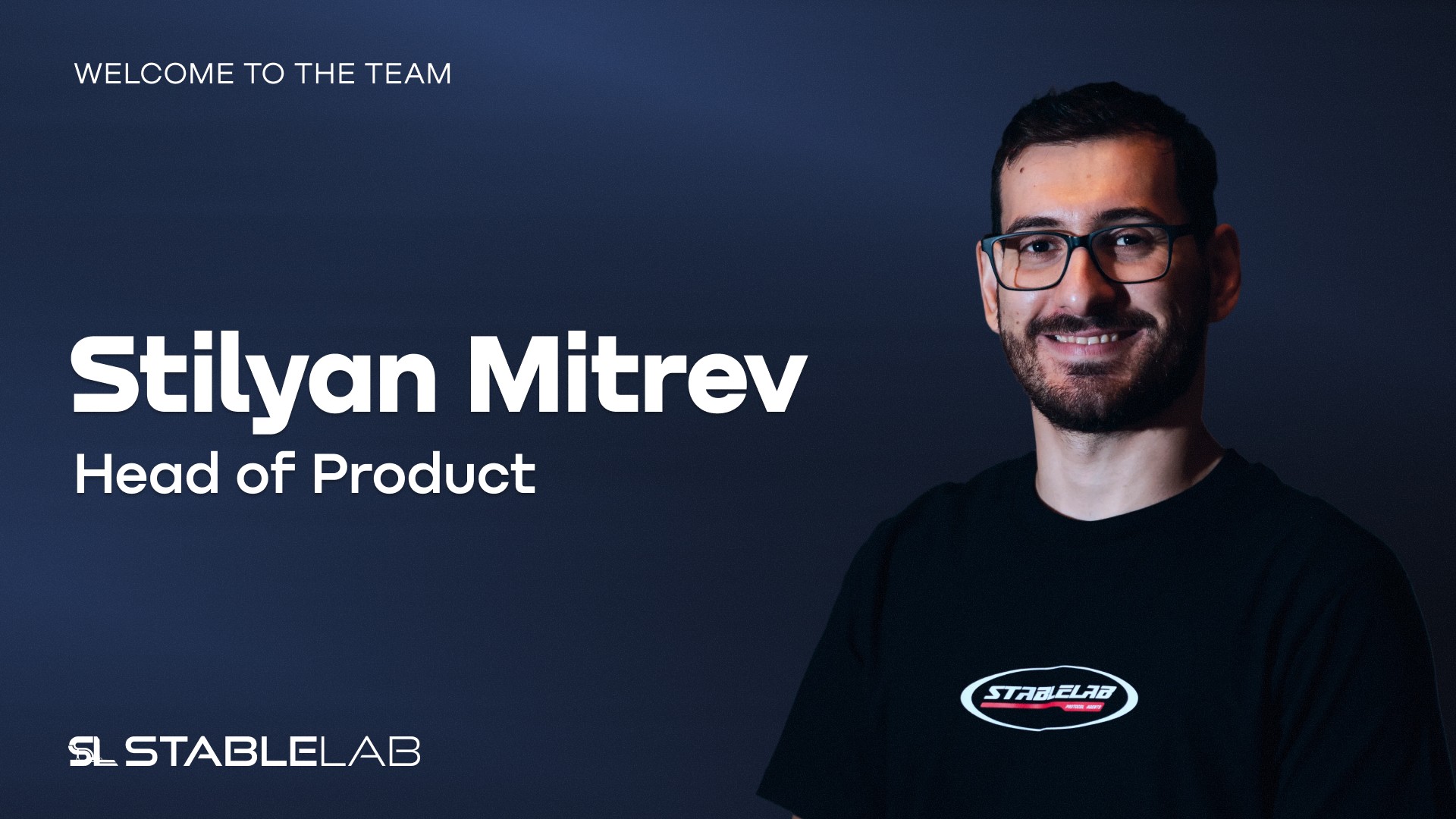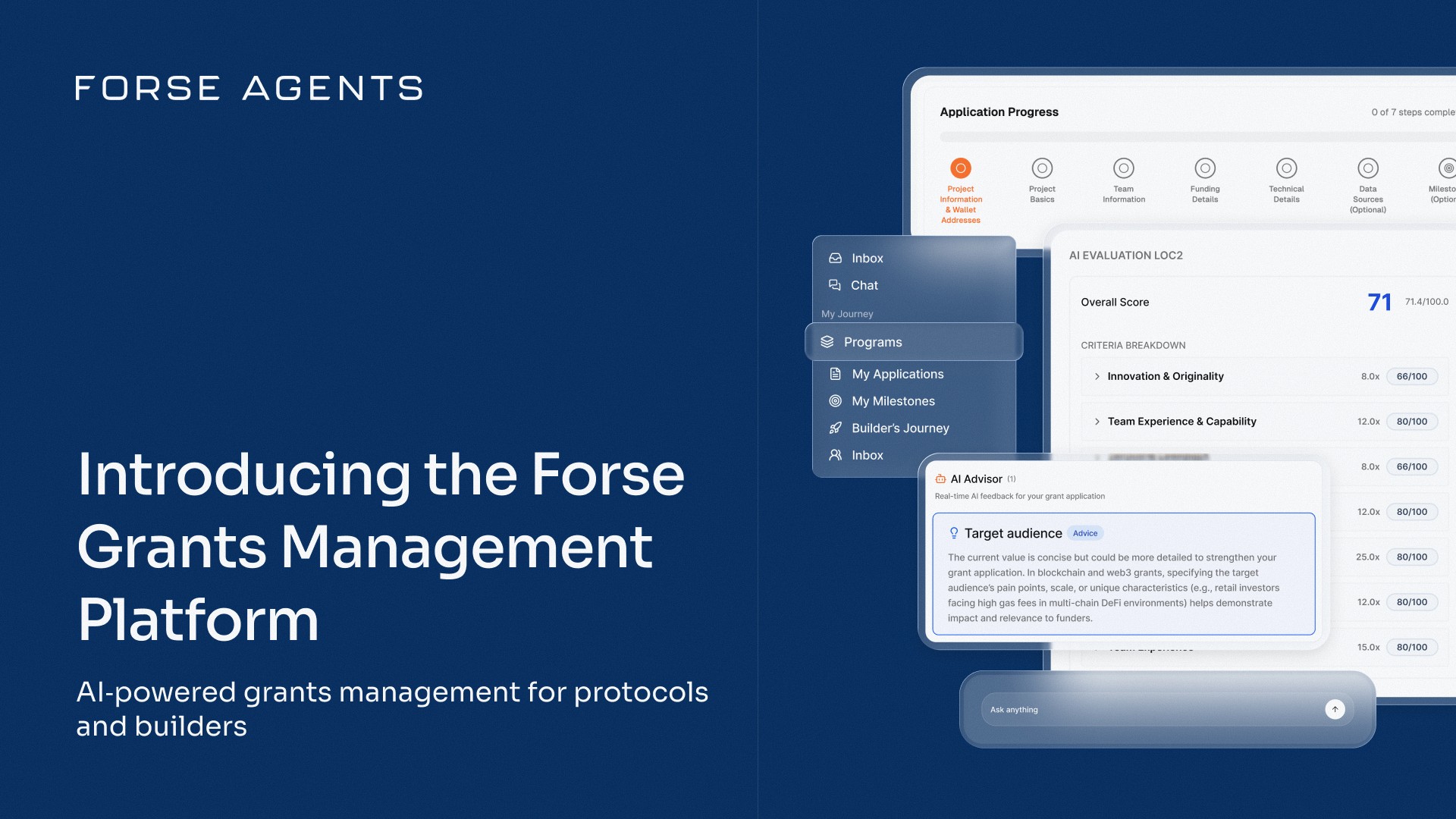Decentralized Autonomous Organizations (DAOs) are anything but organized. A voting schedule adds structure, but from onboarding to contributing to governance participation, DAOs are a wedding planner’s worse nightmare. In the depths of discord, you hear various melodies, wails of (waiting to be onboarded) contributors to governance sirens singing to gather support.
“I got 99 problems, and governance participation is one of them.”
The failures of the organizations of DAOs are nothing new, but sometimes there are simple answers that lie right in front of our faces. We’ve become so accustomed to the circus show of Discord that we’ve forgotten the importance of simple processes.
Governance participation is one of the many DAO problems. I continuously see one problem over and over that contributes to this voter apathy. A lack of structure.
So how do you implement structure in your DAO?
In today's blog post, I will explain how to create structure by implementing various processes to improve voter participation in your DAO.
No Governance Structure = Voter Apathy
DAOs can vary from DeFi protocols to social clubs to Investment clubs, but a frequent gap in a majority of DAOs is the absence of a governance workflow.
Common practice shows that DAOs generally upload proposals once approved via the governance proposal to be voted on in Snapshot. This creates an irregularity in voting schedules and can lead to multiple votes starting and ending on different days.
If proposal A goes to vote on Monday, proposal B on Wednesday, and proposal C on Thursday, then a voter will have continuously check the relevant voting portals on a near-daily basis.
General governance participants or VCs are not as occupied with governance as professional delegate firms such as ourselves, thus leading to failure in reaching the minimum quorum. Off-chain and on-chain voting can also increase the voting complexity.
Surprising? I don’t think so.
An unrealistic expectation of daily governance participation still lives on. Several DAOs lack formal governance documentation, processes, and onboarding to help token holders or participants become DAO contributors. So why should you expect them to participate?
Voting Schedules
Unless your voters are professional delegates, service providers, or investment firms, they will not bother staying up to date with governance proposals; and even then, some professional firms don’t have the time or resources to to commit to governance.
This means DAOs must stop uploading snapshot proposals at a DAOs convenience rather than a token holder's convenience. You want token holders to vote, so make voting more convenient for them. Don’t make your voters check the relevant voting platform on a daily basis.
Prioritize token holders. Token holders need to vote, not the DAO.
One simple way to do this is by introducing a voting schedule. This brings in a certain cadence that benefits both parties; voters and DAO facilitators. DAO facilitators now know they need to upload votes at the same time every week, and voters also know that they can vote for new proposals at the same time every week. It reduces variance across governance, making it easier for those voters to participate.
In the next section, we will explore a few DAOs that have voting cycles.
MakerDAO
MakerDAO has a great example of a voting cycle, albeit it is slightly more complex than most DAOs will need, but it still represents an ideal process for DAOs to replicate. As seen below, MakerDAO has made it simple to understand when each of the voting processes begins and ends.

Element DAO
As seen below, we presented a similar but simpler process at Element DAO, where Snapshot votes would begin every Tuesday and last five days. The proposal presents a few other ways to introduce cadence to Element's governance system.

These are simple solutions, but they introduce a system to your decentralized governance process. You should not underestimate the importance of a process in your DAO.
Talking about systems, where would you go to learn about a DAO's relevant processes to participate in their governance?
A Digital Textbook
Very few DAOs have formal documentation that outlines the governance schedules from the ideation stage to successful execution. Once again, MakerDAO is a shining example of documentation. They have a gitbook dedicated to their governance processes and provide a clear insight into every part of the process.

Another example is Gitcoin’s governance process. They consistently provide an informative overview of how various stakeholders can get involved in Gitcoin DAO.

Don’t be fooled by these examples. These are a rarity in DeGov. I am writing this post to encourage you to take inspiration from these examples and apply them to your DAO or reach out to us and we can help.
Not only can it be time-consuming and intimidating for token holders to participate in DAOs, let alone governance, but these small obstacles, like a lack of an organized collection of information or voting schedule, create obstacles to governance participation.
Beyond the deadline
No governance documentation? No voting schedule?
Do not be surprised if proposals continuously fail to reach quorum. Voting schedules are only one piece of the puzzle to improve governance participation, but it’s a low-hanging fruit that can and should be tackled sooner rather than later.
We need to flip the script. DAOs need to make governance participation as seamless as possible. Simple documentation. Voting schedules. Reimbursed gas for on-chain votes. Delegates. Delegate compensation.
Are you doing your bit for DeGov anon?
Get in touch,
If you would like to support us in our governance efforts,If you and your team need guidance on governance related matters, orIf you are a founder who is building something interesting in web3
Share with your friends:








